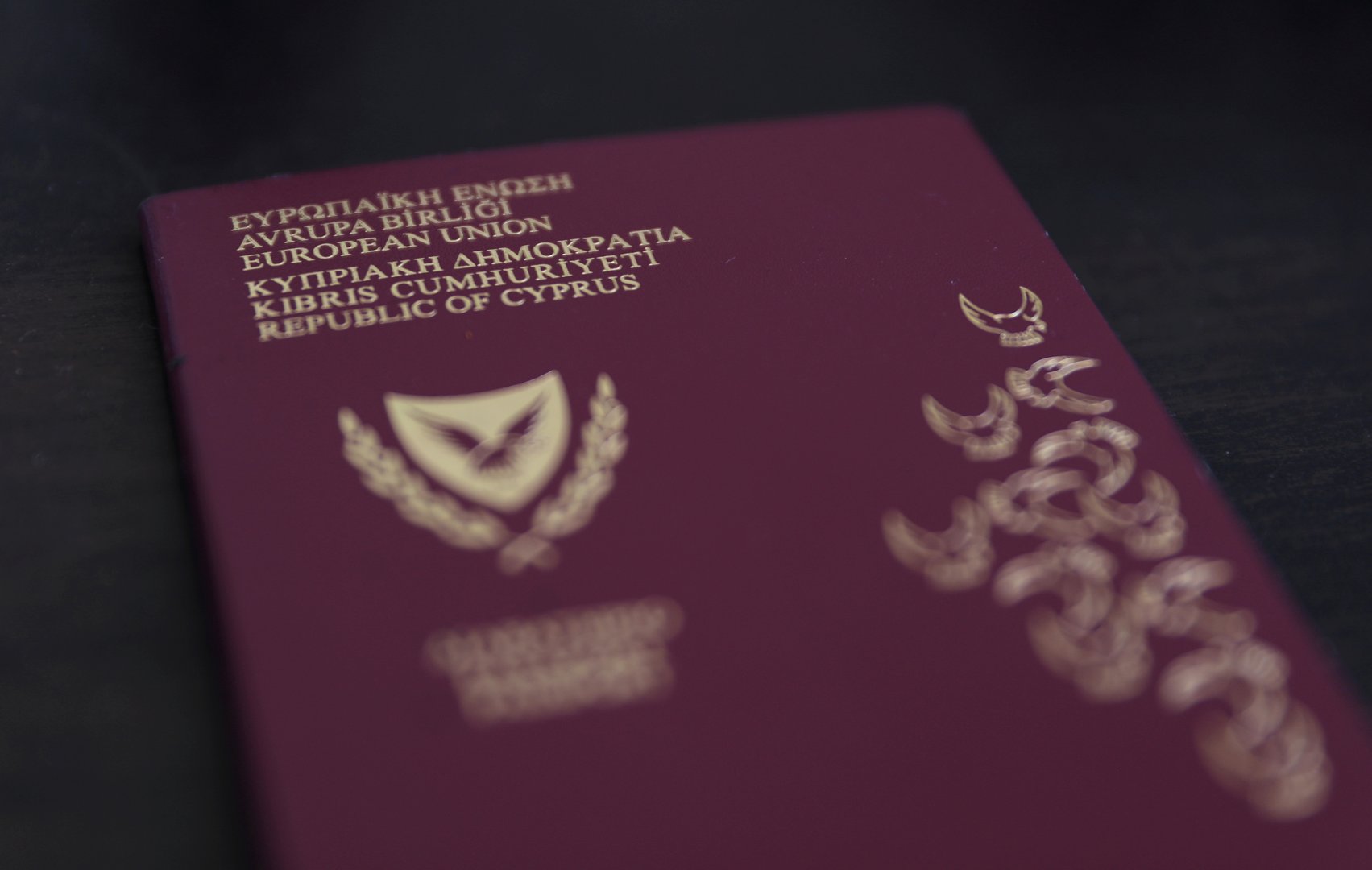Parliament on Monday greenlit funds for the anti-corruption authority that the body says are indispensable to continue the work of investigations.
Despite having given the authority some pushback last week, MPs have now agreed to release €390,000 to the authority to cover expenses for the remainder of the year.
The authority was seeking to have the funds released in order to pay investigators contracted with it, as well as lawyers, stenographers and persons serving summons.
Total funds allocated to the authority for fiscal year 2024, and which concern the purchase of such services, come to about €1 million.
In a briefing memo sent to parliament, the authority said it cannot divulge details of its investigations, as the relevant law prohibits it. This includes the disclosure of any information in any format, such as documents or transcripts of depositions.
But the authority pledges to publish, on its website, the amounts spent on each investigation once they are completed.
To date, the body has received 315 complaints – 230 from persons identifying themselves, plus 85 anonymous complaints. It has also initiated three ex-officio investigations.
Of the 315 files, it has investigated 90. Of these 90, investigations have been completed for five, while six other probes are ongoing.
One of the prime cases probed relates to the so-called ‘golden passports’ – the now-defunct citizenship-for-investment scheme.
Another relates to allegations made against former president Nicos Anastasiades in a book titled ‘Mafia State’. The author alleges that Anastasiades and his entourage engaged in graft and corrupt practices.
The authority does not have criminal investigatory powers. It may summon witnesses, but their testimony may not be used as evidence in a court of law. The findings are forwarded to the attorney-general’s office which then decides whether to instruct police to carry out a criminal probe.






Click here to change your cookie preferences